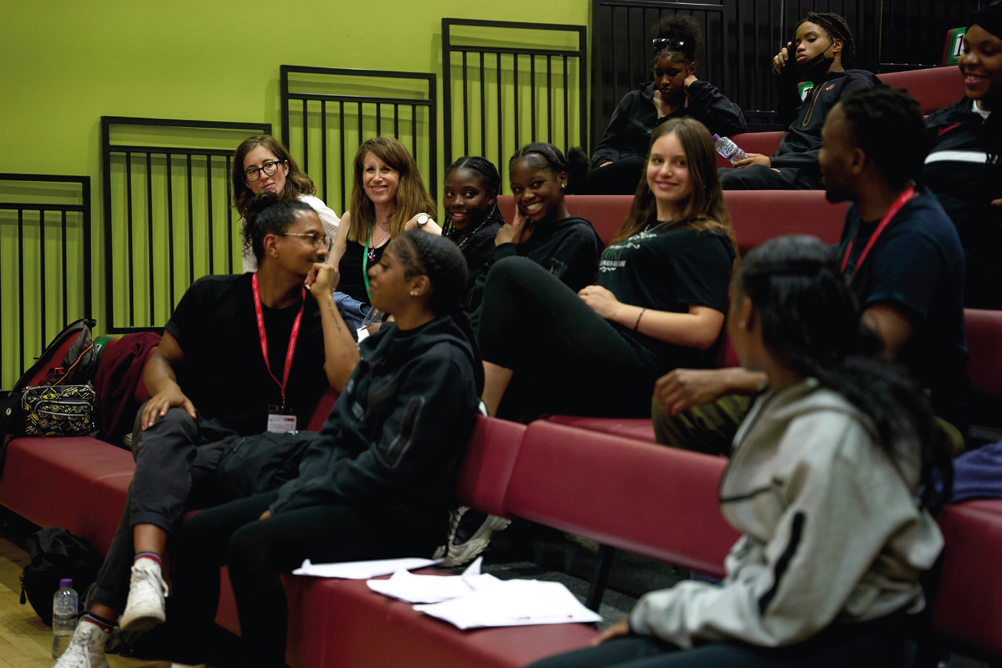Following on from their recent win in the Outstanding Drama Initiative category at the Music & Drama Education Awards 2025, Rhianna Elsden caught up with the team at Performing International Plays to find out more about the project and what plans are in place to build on its award-winning success.

Performing International Plays (PIP) is a provider of school workshops, teacher CPD and an incredible website full of learning resources on contemporary international plays. Leading the pioneering initiative is project director Dr Margherita Laera and workshops education lead (and co-artistic director of independent theatre company Foreign Affairs) Trine Garrett.
The initiative started with Margherita's research work at the University of Kent: ‘For me as a researcher it has always been a really important question: why are there so few translations on British stages?’ Margherita told me: ‘I'm still interested in this question and I decided in order to intervene into the space that is almost a hostile environment for theatre in translation: I wanted to start with education’.
Register now to continue reading
Register to the Drama & Theatre website today and gain access to all the latest news and developments from the world of drama education.
By registering you will receive:
-
Free access to 4 subscriber-only articles per month
-
Unlimited access to news and opinion on our website
Already have an account? Sign in here
